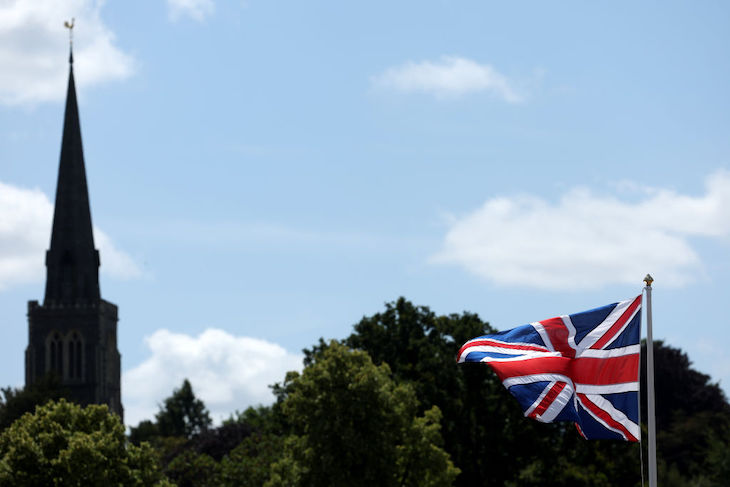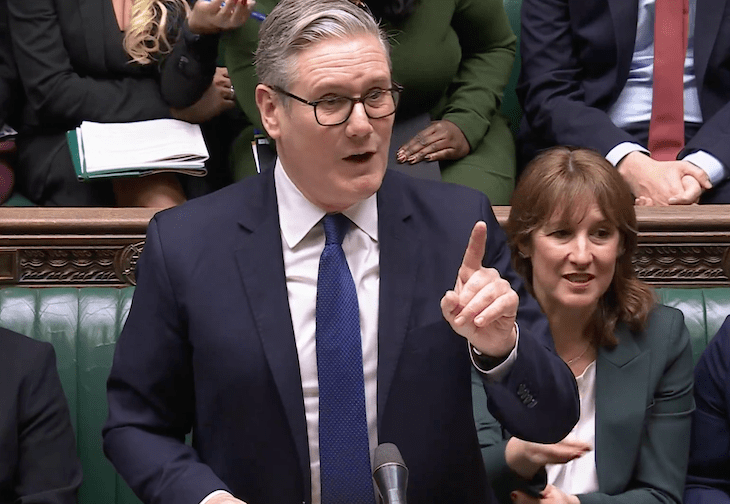Perhaps we are living in the early sixteenth century. Think of the ideology of the West as a sort of religion. It needs a reformation, a purging, a back to basics movement. In a sense this is well underway: for many years now, countless thinkers have attacked the flaws and complacency of the dominant Western ideology. Yet a positive vision has not really been articulated. We need something resembling the Protestant reformation. It did not chuck out the dominant religious tradition, it came up with a new account of its inner logic.
To many thinkers, liberalism is a flawed ideology that must be comprehensively ditched
To many thinkers, liberalism is a flawed ideology that must be comprehensively ditched. More careful thinkers admit to ambivalence. Despite its capacity for error, this is our tradition: we cannot disown it, rise above it. The absolutists see liberalism as akin to communism or fascism: a system that is wrong at its core. But on closer inspection there is an element of posturing in most of these thinkers; they cannot quite deny their affinity with this tradition.
Nick Timothy has just provided an example of this. His call on Coffee House for a new conservatism at first seems to be yet another advocacy of ‘postliberalism’. He emphasises that a crude free-market triumphalism on the right has been accompanied by a brittle insistence on individual rights from the left: a double-whammy erosion of common values.
‘Conservatives need to reject liberalism and rediscover true, philosophical conservatism’. So: liberalism bad. Or is it? He then calls for a reassertion of ‘the essential liberalism that stands for pluralism and our democratic way of life’. The average postliberal does not make this latter move, for fear of seeming lukewarm.
But Timothy seems unsure how to expand on the goodness of ‘essential liberalism’. Instead he echoes some conventional postliberal story-telling: ‘Right from the beginning, liberal thought was built on the false premise that there are not only universal values but also natural and universal rights.’ As a consequence, ‘liberals ignore the relational essence of humanity: our dependence on others and our reliance on the institutions and norms of community life.’
The claim to be defending ‘essential liberalism’ is elbowed aside by this attack on liberal thought as wrong to the core.
I know that ‘liberalism’ is a complicated term, but it seems to me that few if any thinkers are really trying to grapple with the complexity.
As I see it, Timothy is on the right track: there is an ‘essential liberalism’ that must be distilled from the confusing excesses of liberalism in our day. It is our political tradition, of liberal democracy, or the liberal state. It is a historical reality, not a theoretical thing: we should not over-value the importance of Hobbes or Locke or any other theorist. Instead we should look at what actually happened: England rejected absolutism of throne and altar in favour of a new political narrative, in which liberty was gradually protected and expanded. And the original ideology behind this was not ‘universal human rights’ – the creed of eighteenth-century Frenchmen, but ‘liberty of conscience’ – the creed of seventeenth-century English liberal Protestants.
We need to re-tell our national story of ‘essential liberalism’, and revive pride in the tradition of the liberal state. Only so can we hope to reform liberalism in the wider sense, the baggy flawed creed that we inhabit.








Comments